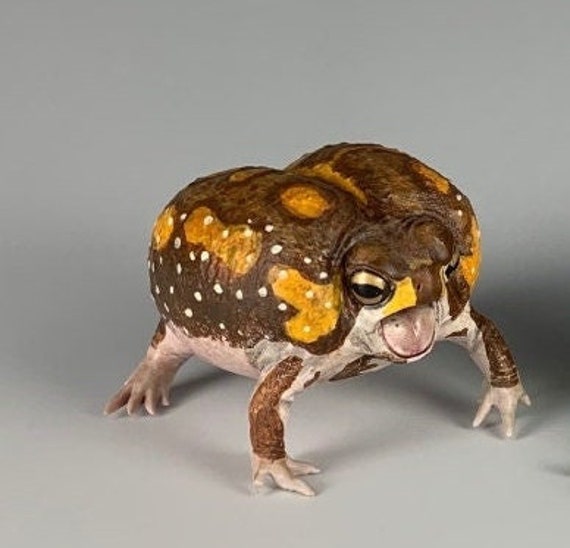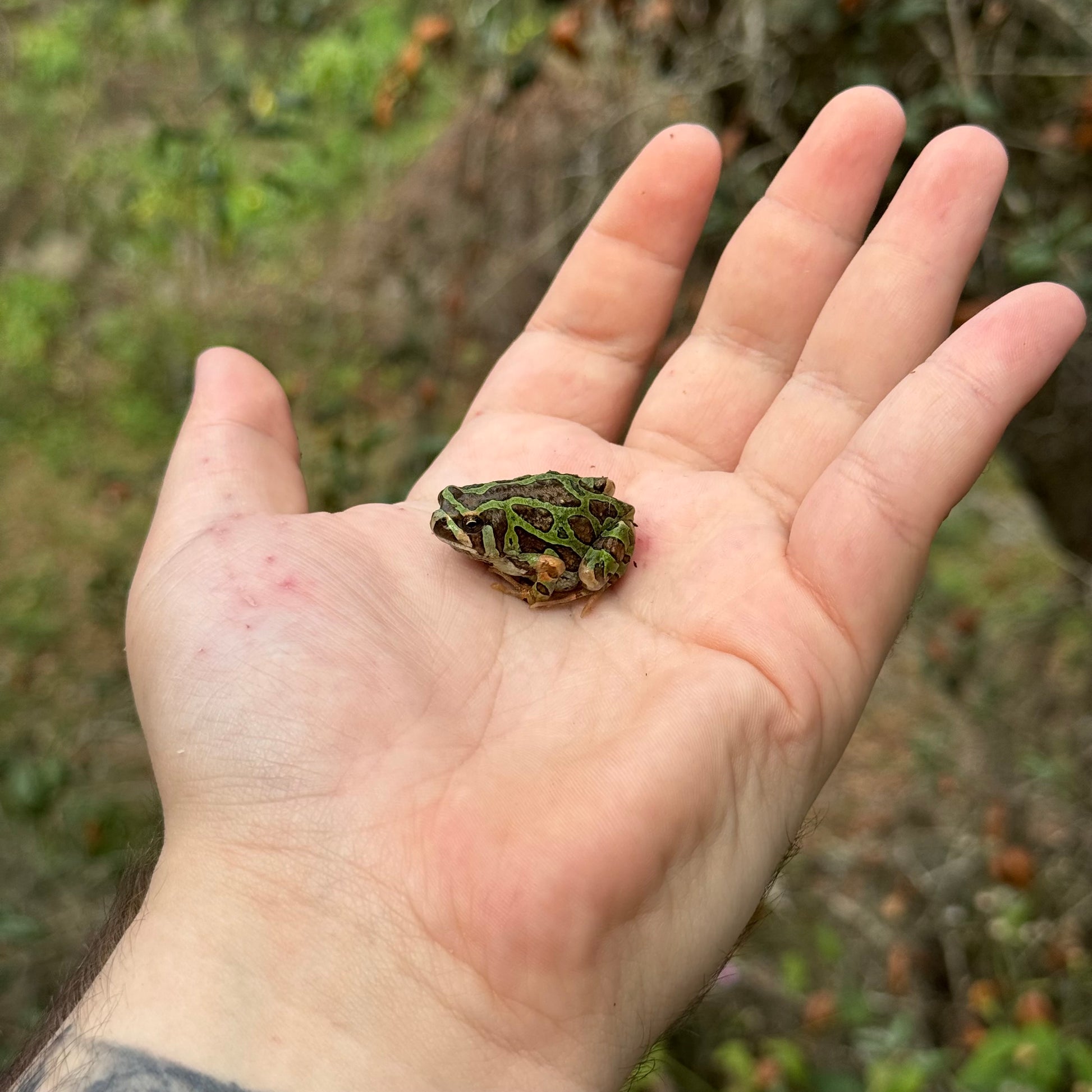Rain Frog for Sale: Raise Your Collection with Uncommon and Exotic Amphibians!
Rain Frog for Sale: Raise Your Collection with Uncommon and Exotic Amphibians!
Blog Article
Common Wellness Issues in Reptiles: Signs And Symptoms and Solutions
In the intricate globe of reptile care, recognizing the common wellness problems that might impact these distinct animals is vital in guaranteeing their wellness. Whether it's grappling with parasitical invasions, browsing dehydration issues, or addressing skin conditions that manifest in refined ways, being attuned to the signs and outfitted with the expertise of efficient remedies is necessary for any type of reptile proprietor.
Respiratory Infections
Respiratory system infections in reptiles can considerably affect their overall health and wellness and call for punctual interest from experienced veterinarians. These infections are frequently triggered by germs, fungis, or infections and can materialize with symptoms such as wheezing, nasal discharge, open-mouth breathing, and lethargy. In reptiles, respiratory infections can be especially challenging to identify and treat because of their special makeup and physiology. Vets frequently count on a combination of checkups, analysis imaging, and lab tests to precisely determine the underlying root cause of the infection.
Therapy for respiratory infections in reptiles typically involves a mix of encouraging care, such as maintaining correct moisture levels and temperature level gradients in the enclosure, in addition to targeted medication to address the details virus in charge of the infection. It is important for reptile owners to check their family pets carefully for any indicators of breathing distress and look for veterinary care at the earliest sign of a problem. With prompt intervention and ideal treatment, several reptiles can recuperate completely from respiratory system infections and resume regular tasks.

Metabolic Bone Condition
What elements add to the development of Metabolic Bone Disease in reptiles?
Metabolic Bone Condition (MBD) in reptiles is mostly caused by a lack of correct calcium, phosphorus, and vitamin D3 levels in their diet regimen. When reptiles do not receive appropriate calcium, either through their food or proper UVB direct exposure for vitamin D3 synthesis, they are at a high threat of developing MBD. Reptiles with diet plans low in calcium or imbalanced calcium to phosphorus proportions are specifically at risk. Furthermore, insufficient direct exposure to UVB light avoids reptiles from manufacturing vitamin D3, which is critical for calcium absorption and bone health.
Not enough moisture degrees can also impact a reptile's capacity to metabolize calcium successfully. Regular veterinary exams, correct husbandry practices, and a balanced diet are crucial to stop Metabolic Bone Disease in reptiles.
Parasitical Infestations
Parasitical infestations present a considerable health threat to reptiles, impacting their overall health and needing prompt veterinary focus. Reptiles can be affected by numerous parasites, consisting of mites, ticks, inner worms, and protozoa. These parasites can create an array of symptoms, such as weight-loss, sleepiness, skin irritability, diarrhea, and also death if left untreated.
One typical parasite located in reptiles is the mite, which can trigger skin stress, inflammation, and find more info anemia. Ticks are an additional external parasite that can trigger and transfer illness discomfort to the reptile. Internal parasites like worms and protozoa my sources can cause digestive problems, lack of nutrition, and weaken the reptile's body immune system.
To identify a parasitical infestation, a veterinarian may do fecal examinations, skin scrapings, or blood examinations. Treatment commonly entails deworming drugs, antiparasitic bathrooms, or in serious cases, hospitalization. Preventative measures such as regular veterinary examinations, appropriate hygiene, and quarantine treatments for brand-new reptiles can aid decrease the risk of parasitic invasions and make sure the wellness of reptile family pets.
Dehydration and Hydration Issues
Dehydration in reptiles can considerably influence their wellness and well-being, demanding timely treatment and suitable hydration monitoring. If left unattended, dehydration can lead to severe health and wellness issues and even be fatal to the reptile.
To protect against dehydration, reptile owners should guarantee that their pet dogs have access to tidy water whatsoever times. The water dish must be large sufficient for the reptile to take in if needed, specifically for types that absorb water via their skin. Additionally, keeping proper moisture levels in the reptile's room and providing regular bathrooms can help protect against dehydration.
In cases of dehydration, it is essential to seek veterinary care immediately. A vet might carry out fluids either orally or with injections to rehydrate the reptile. It is important to resolve the underlying cause of dehydration to avoid recurrence and guarantee the reptile's total well-being.
Skin Disorders

Conclusion

Respiratory system infections find out here now in reptiles can significantly impact their total health and wellness and call for timely focus from knowledgeable veterinarians (rain frog for sale). Preventative actions such as regular vet examinations, proper hygiene, and quarantine procedures for brand-new reptiles can help lessen the danger of parasitical invasions and ensure the health of reptile family pets
If left neglected, dehydration can lead to serious health and wellness problems and also be deadly to the reptile.
Routinely evaluating your reptile for any type of changes in skin look, texture, or color can help in very early detection and therapy of skin disorders, promoting the overall health and wellness of your scaly buddy. - rain frog for sale
In final thought, reptiles are prone to different wellness problems such as breathing infections, metabolic bone illness, parasitical infestations, dehydration, and skin conditions.
Report this page